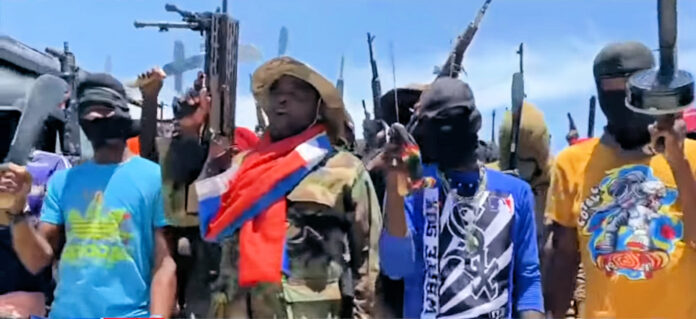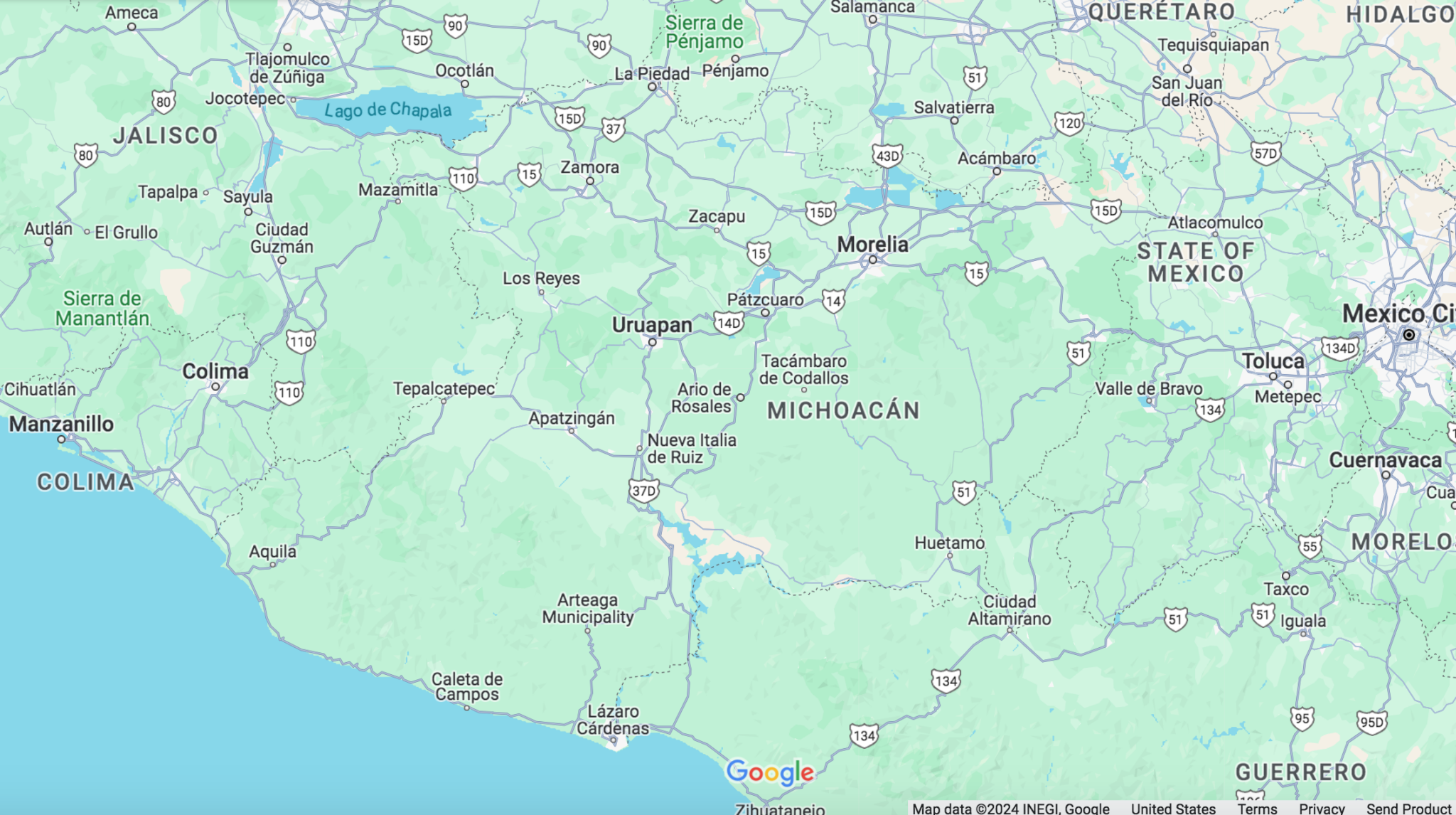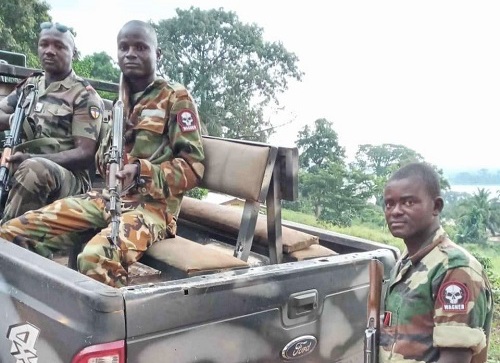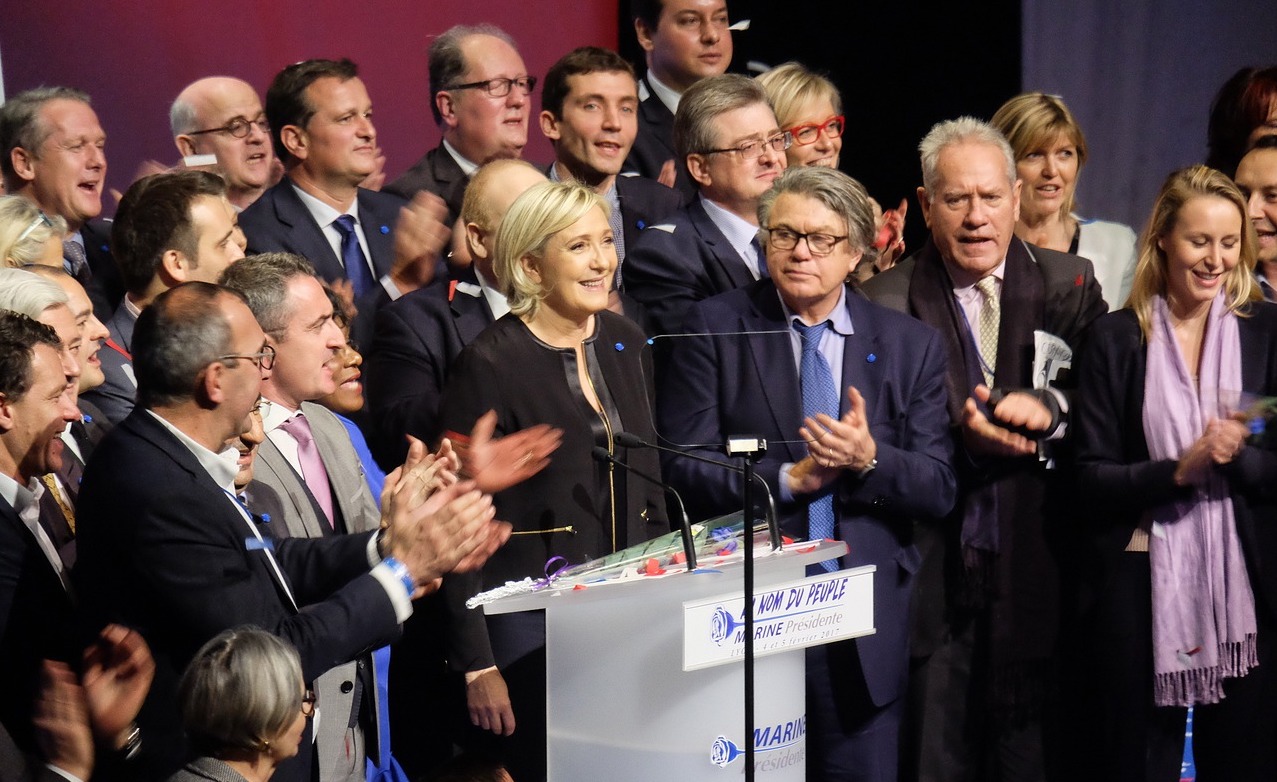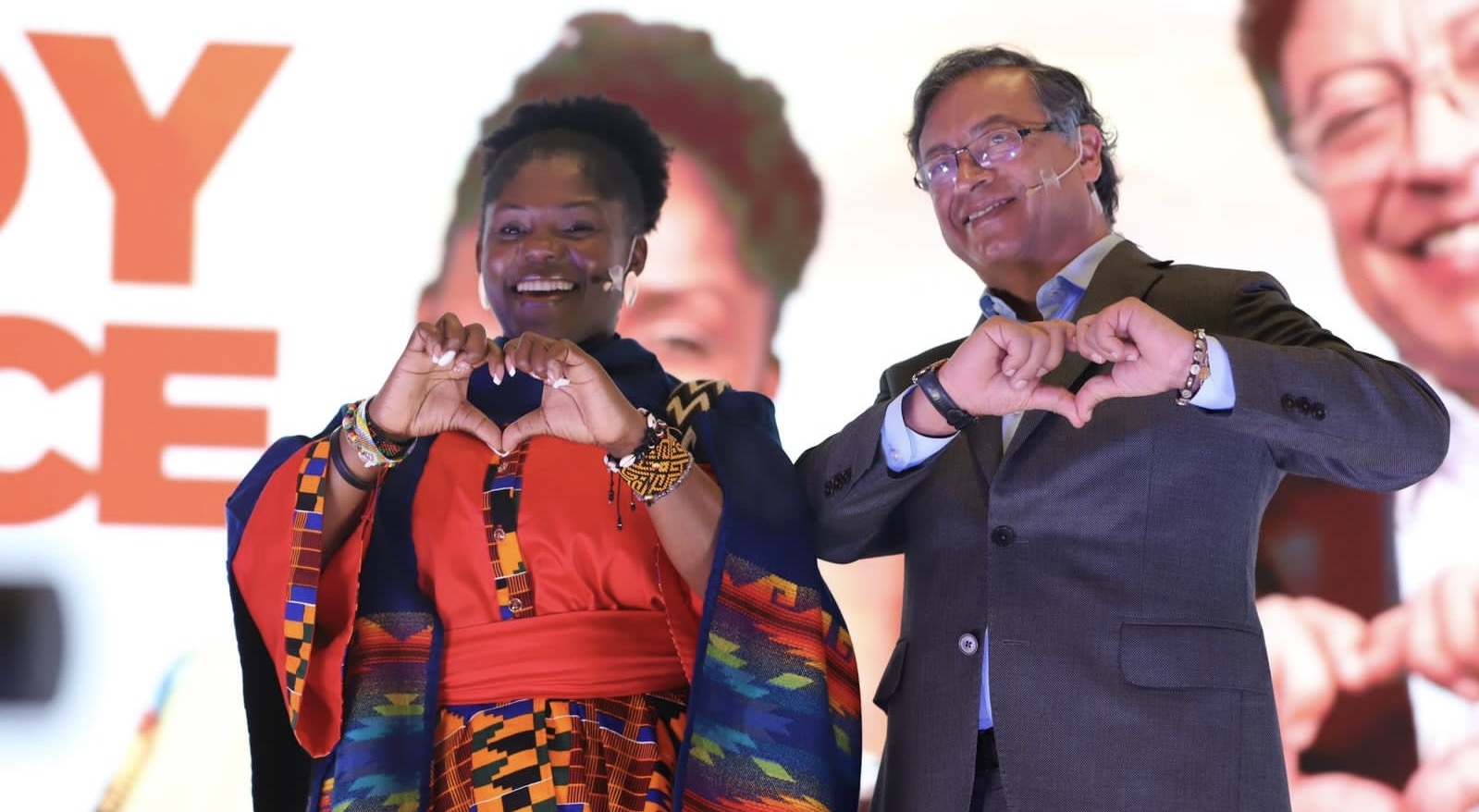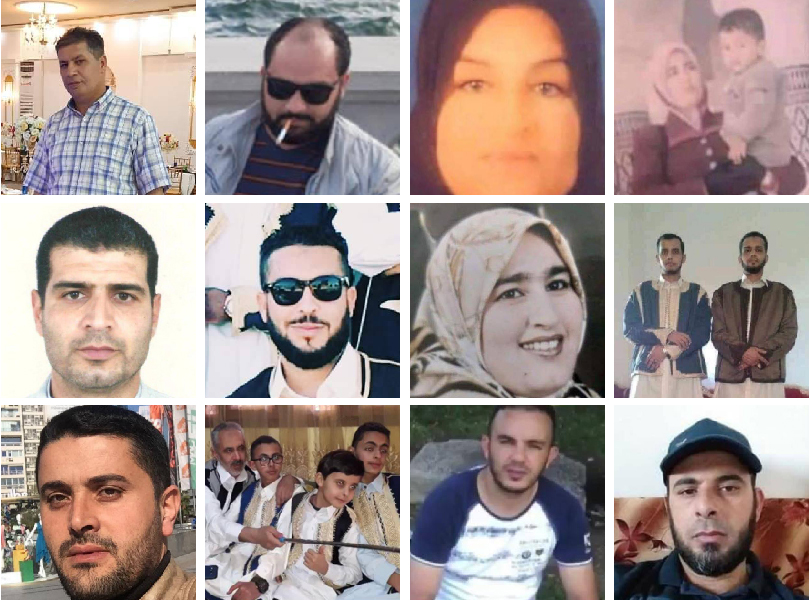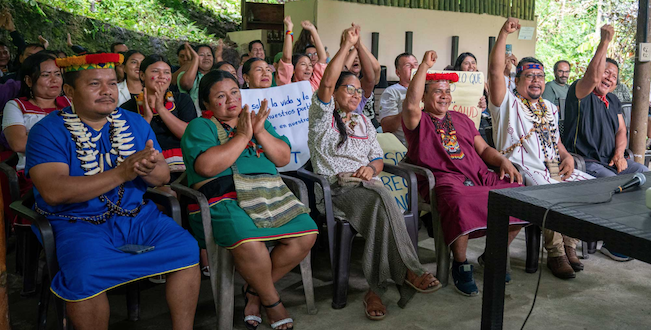
Ecuador: crackdown on indigenous, environmental groups
Ecuador’s financial crimes agency froze the bank accounts of several indigenous and environmental groups in an apparent effort to silence protests, Human Rights Watch said. The government’s Unidad de Análisis Financiero y Económico (UAFE) cited secret intelligence reports to justify the freezing of the funds. Among the groups affected is the indigenous organization Alianza Ceibo, representing the Waorani, Siekopai, A’i Cofán and Siona peoples, which has defended the economic, social, cultural and collective rights of these peoples for 10 years. Also targeted are groups protesting the decision to approve a mining project in the southern province of Azuay which threatens the fragile ecosystem in the region. (Photo: Alianza Ceibo)



